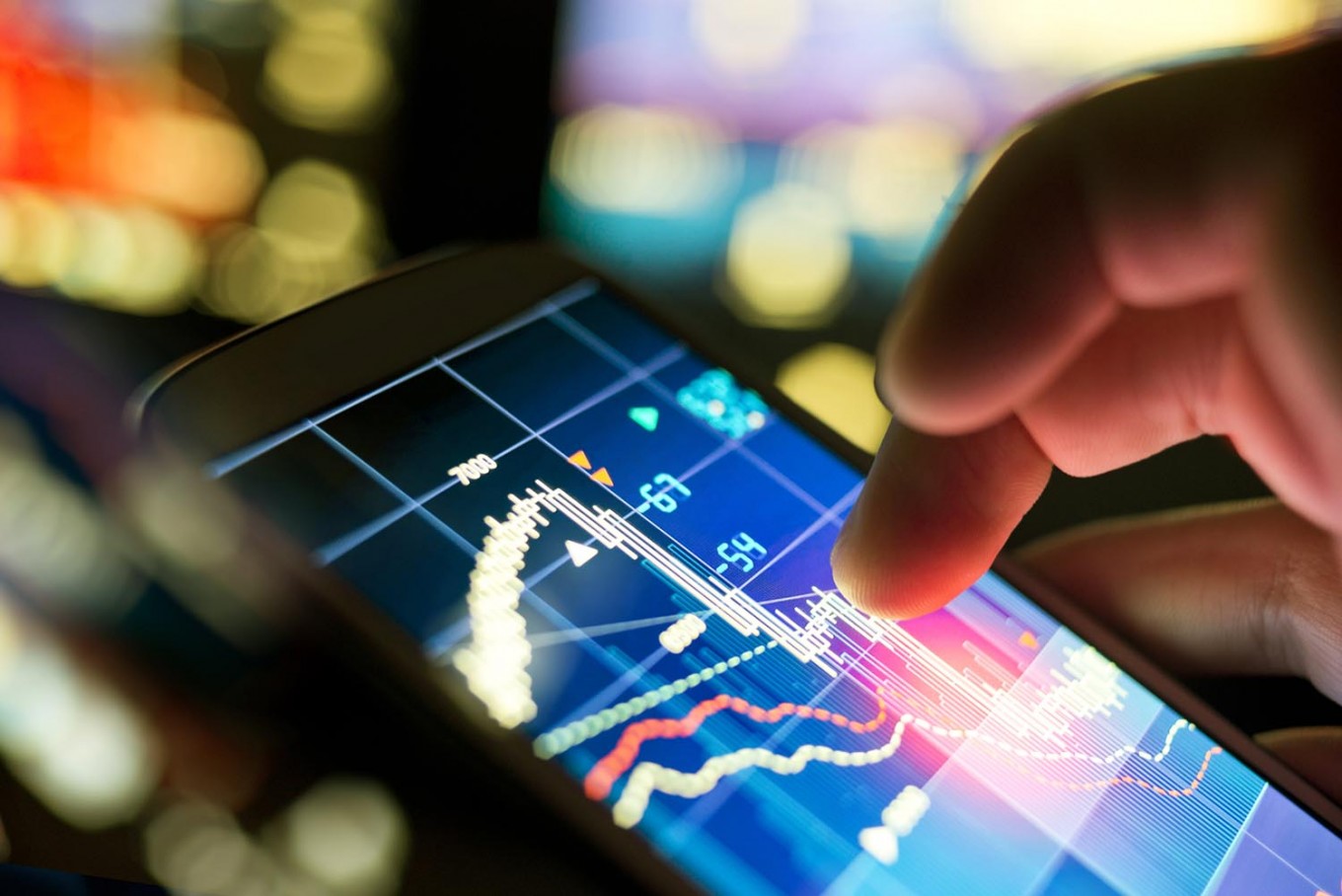Popular Reads
Top Results
Can't find what you're looking for?
View all search resultsPopular Reads
Top Results
Can't find what you're looking for?
View all search resultsG20: Indonesia’s stand on cross-border data flow
Overutilized data might trigger data hacking, hence data privacy can be threatened, and partner countries might “close” the data flow border, rendering data monetization from foreign companies out of the equation.
Change text size
Gift Premium Articles
to Anyone

The emergence of digitalization has been a big boost for economic growth amid the COVID-19 pandemic. Google, Temasek and Bain (2021) projects that Southeast Asia’s internet economy will reach US$360 billion by 2025. Indonesia is leading the parade of nations with a 20 percent compound annual growth rate (CAGR) until 2025 and accumulating about US$146 billion of gross merchandise value (GMV) – a fraction short of 40 percent of the total GMV in the region.
Digital sectors tend to involve cross-border data to streamline the transaction of goods and services. Rapidly growing electronic commerce drives data flows where data gets monetized and adds value to the global marketplace.
The value-added generation is particularly apparent from the skyrocketing performance of the regional marketplaces especially among the three largest players. Shopee booked revenue of about $1.29 billion in the second quarter of 2020 with projected growth of about 112.3 percent year-on-year. Lazada recorded $4.5 billion in GMV in 2020. In 2019 alone, Tokopedia’s GMV was estimated at over $15 billion from 100 million active users.
On theoretical grounds, the digital industry is attributable to the existence of two-sided markets, or in the modern context multisided markets. Economists Jean-Charles Rochet and Jean Tirole define two-sided markets as markets in which one or several platforms enable interactions between end-users and try to get the two (or multiple) sides “on board” by appropriately charging each side.
Digital marketplaces bring buyers and sellers face-to-face as two distinct groups. Buyers prefer many sellers, and equally, sellers prefer many buyers on the same platform. The problem arises when these interactions involve a lot of data transfers where platforms generally have the ability to aggregate data and might further monetize it for other purposes such as by selling it to third parties.
There are two sides to the coin of cross-border data flows. On the one hand, based on a Global System for Mobile Communications Association (GSMA) report in 2018, data flows increased productivity and contributed significantly to Indonesia's gross domestic product by $24.5 billion in the retail sector and $34.5 billion in the manufacturing sector.
On the other hand, digital businesses and e-commerce platforms are not immune to possible breaches of data that might have a huge cost. An IBM study in 2021 shows that the cost of data breaches increased from $3.86 million to $4.24 million, the highest in the 17 years of its observation.



















